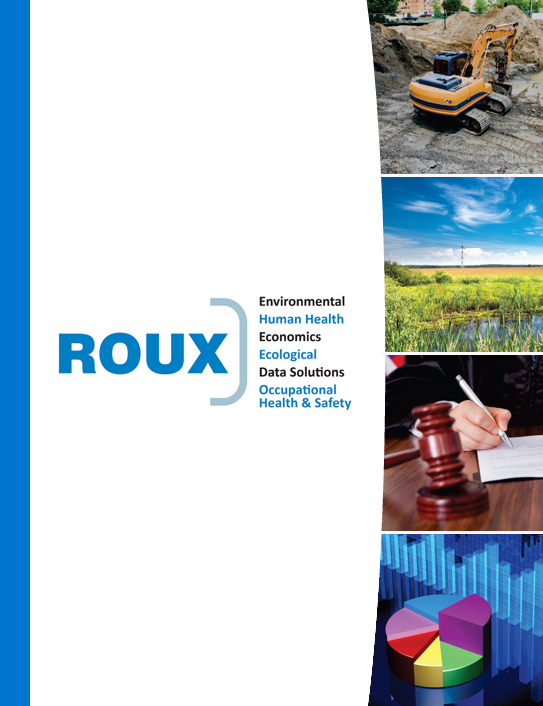Published Article – From solubility to efficiency: Per- and polyfluoroalkyl substances (PFAS)
From solubility to efficiency: Per- and polyfluoroalkyl substances (PFAS) regeneration from anion exchange resins
Written by Yaseen H. Al-Qaraghuli of Roux, Rominder Suri, Mark E. Fuller, & Erica R. McKenzie
The manuscript titled, “From solubility to efficiency: per- and polyfluoroalkyl substances (PFAS) regeneration from anion exchange resins,” investigates strategies to optimize PFAS removal through anion exchange resin regeneration. This study highlights the critical role of regenerant composition and resin properties in achieving effective PFAS desorption, with a focus on the interplay between solvent choice, salt type, and PFAS structural characteristics. Methanol, ethanol, and acetone were evaluated as regenerant solvents, with acetone showing the highest regeneration effectiveness due to its superior cosolvency. Additionally, the research applied the Lin and Huang model to analyze the desorption kinetics, revealing distinct phases in PFAS desorption and providing deeper insights into the mechanisms influencing regeneration efficiency. Key findings demonstrate that chloride-based salts paired with high organic solvent percentages achieve up to 100% regeneration efficiency for many compounds. These results contribute valuable insights for advancing PFAS remediation technologies and designing cost-effective and environmentally sustainable solutions.
This research article is published in Science of The Total Environment. Access the article below:
